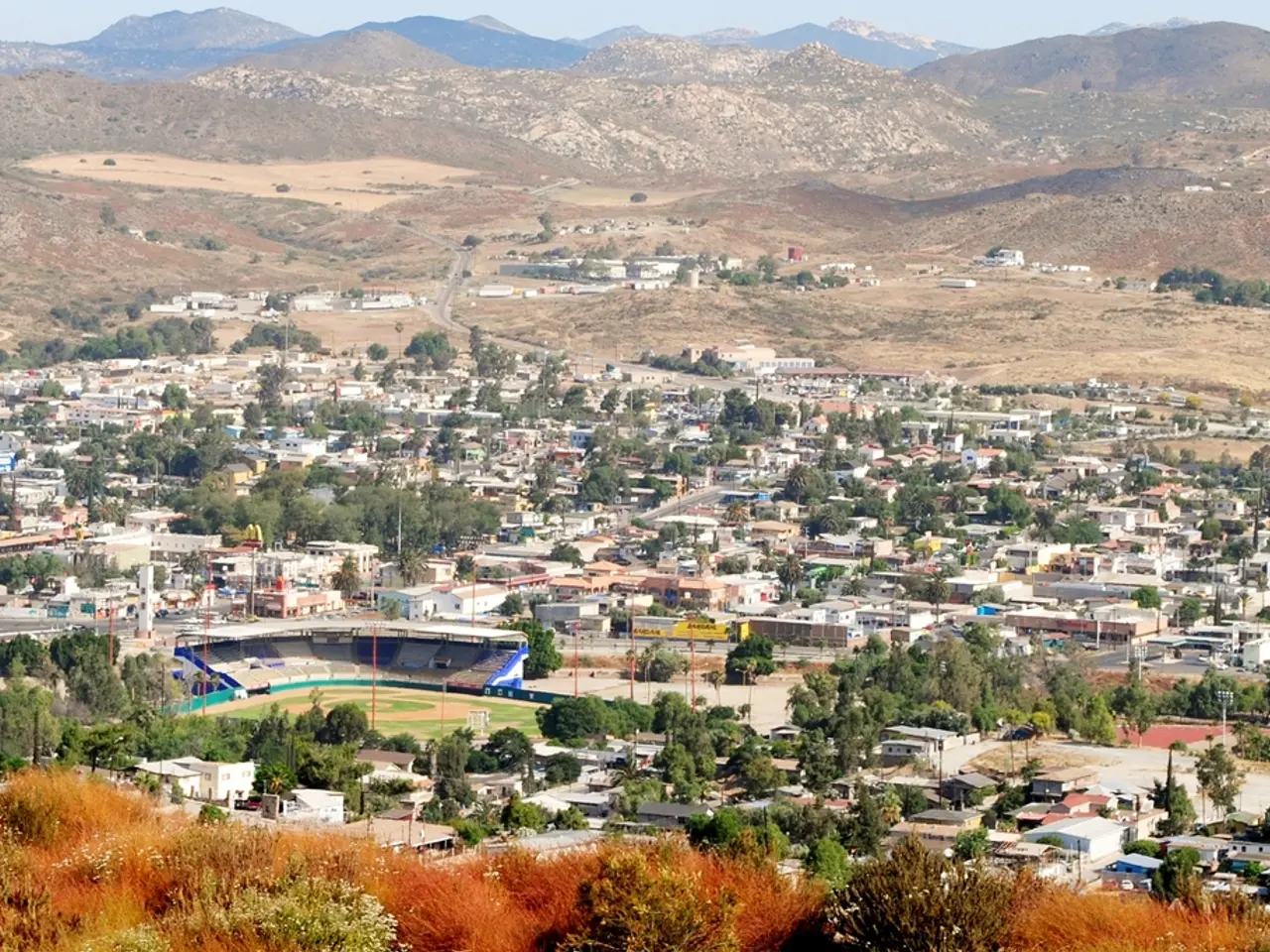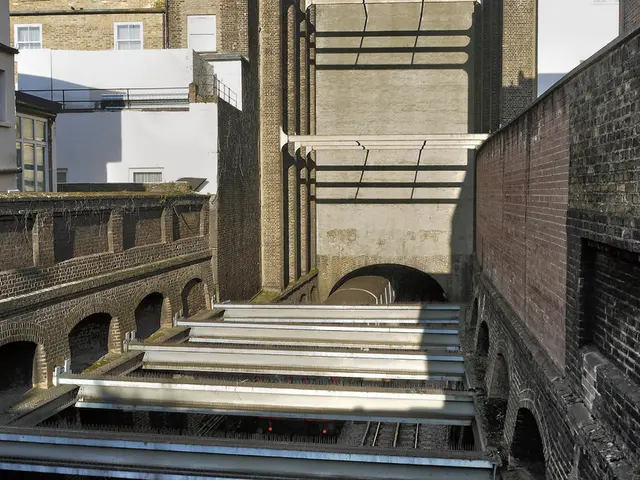Counting the numbers: A delay in conducting the Census could prove expensive, as stated by Parsa Venkateshwar Rao Jr.
The 2021 Census in India, a decennial exercise mandated by the Constitution, has been postponed due to the COVID-19 pandemic and the complexities of transitioning to a digital format. The next census exercise is now planned for 2027.
The health crisis and associated restrictions during 2020-21 prevented safe and accurate enumeration of India's vast population, leading to the postponement of the census. The residual effects of the pandemic and elections in 2022 further delayed census activities.
The government has shifted focus to creating India’s first fully digital census, which is envisioned as more accurate, inclusive, and technology-based. However, this new approach requires extensive preparation and infrastructure. Conducting the census remains a massive logistical challenge in a highly populous and diverse country. Tasks like caste enumeration (first time since independence) and migration tracking add complexity.
Critics point out that, despite advanced technology, the national digital census process is moving slowly and has not kept pace with capabilities demonstrated by some states, such as Telangana.
The lack of updated Census data creates a significant data deficit, particularly for researchers preparing socio-economic reports. The delay has significant consequences, including reliance on outdated population projections from the 2011 Census for planning and policy — affecting economic and social programs such as Public Distribution Systems (PDS).
Some argue that the Census is not a priority for politicians who are more responsive to issues on the ground. However, it is crucial for policy-making and political representation. The Registrar-General and Census Commissioner in India should be mandated to carry out the Census operation every tenth year.
The Registrar-General's office should have the authority to commandeer the government machinery to conduct the exercise. Digital literacy, including both schoolchildren and elders in the family who have had no formal education, should be included as a criterion in the Census.
In 2023, India overtook China as the world's most populous country, with a projected population of 1.45 billion in 2024. China's population is projected to be 1.41 billion in 2024. The 2023 census data is not available, and the 2021 Census has not been conducted yet.
The Census exercise will likely be influenced by political biases, as the office of the Registrar-General and Census Commissioner is part of the Union home ministry. Politicians in seats of power should strive for objectivity, even if they fail the objectivity test, it is necessary to have a Census rather than not have one.
There has been no official discussion among bureaucrats about the delay in the 2021 Census, but the lack of updated Census data creates a significant data deficit, particularly for researchers preparing socio-economic reports. The use of mobile phones should be considered a condition of digital literacy.
The delay in the 2021 Census has become a topic of discussion among some, with concerns about its impact on policy-making and political representation. Economists and statisticians have not felt the need to bring up the issue of the Census and its importance for government policy. However, it is essential for accurate representation and planning for the future.
The postponement of the 2021 Census and its subsequent delay in 2022, due to the COVID-19 pandemic and associated complexities, has led to a significant data deficit for researchers preparing socio-economic reports and could potentially influence policy-making and political representation in India. Debates surrounding the delay emphasize the importance of the Census exercise, as it plays a crucial role in policy-and-legislation and political representations. Additionally, the shift towards a digital census format highlights the role of politics, as the pace of implementation seemingly varies among different states, revealing potential inconsistencies in policy decisions.








